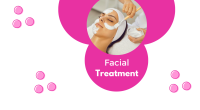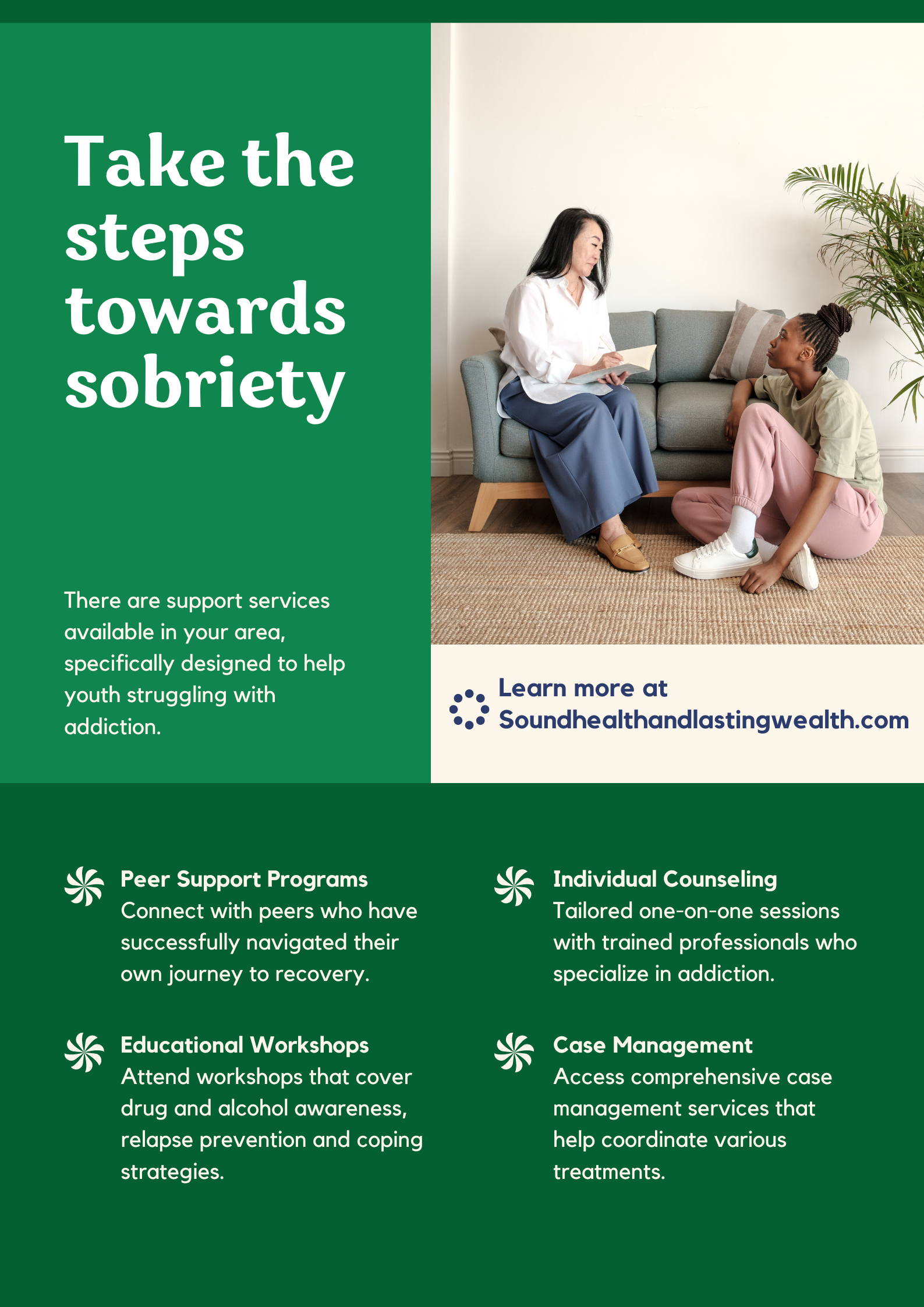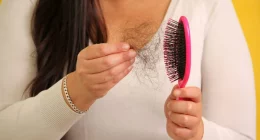- Lisa Riley celebrates nine years of sobriety, marking a transformative journey.
- Her struggles with alcohol were rooted in personal tragedy, leading to self-medication.
- Sobriety has significantly improved her mental health and professional life.
- Riley aims to inspire others facing addiction, emphasizing the importance of support.
- Reflecting on her past, she expresses gratitude for the lessons learned.
Lisa Riley, best known for her role as Mandy Dingle on Emmerdale, recently marked a significant milestone—nine years of sobriety. This achievement not only reflects her personal growth but also serves as a beacon of hope for many grappling with similar struggles. In a heartfelt conversation with Ranvir Singh on Lorraine, Riley opened up about her past battles with alcohol, emphasizing how far she has come and the transformative power of sobriety.

Lisa Riley’s Journey to Sobriety
Riley’s journey towards sobriety began during a tumultuous period in her life, marked by the loss of her mother. This tragedy led her to self-medicate with alcohol, often consuming excessive amounts to cope with her grief. She candidly shared that a typical night involved drinking a bottle and a half of Malbec, which became a crutch during her darkest days. The turning point came when she realized that her reliance on alcohol was unsustainable, prompting her to seek a healthier path. “I just stopped drinking for the good and better for me,” she remarked, reflecting on her decision to embrace sobriety.
The Impact of Sobriety on Her Life
Since embracing sobriety, Riley has experienced profound changes in both her personal and professional life. She credits her newfound clarity and resilience to her commitment to self-care and maintaining a positive mindset. The actress has expressed immense gratitude for the support she has received throughout her recovery journey, highlighting the importance of surrounding oneself with encouraging individuals. This shift has not only improved her mental health but has also revitalized her career, allowing her to tackle challenging roles with renewed vigor.
Inspirational Message for Others
Riley’s story serves as an inspiration to many who may be struggling with addiction. She hopes to motivate others by sharing her experience, emphasizing that change is possible with determination and the right support network. “You can sit here and say ‘nine years’… back then, it was like ‘I’ve done three months,'” she noted, illustrating the incremental nature of recovery. Her message is clear: resilience and a commitment to change can lead to a fulfilling life free from the shackles of addiction.
Reflections on Her Past
Looking back, Riley acknowledges the pain and challenges she faced, but she does so with gratitude. Each struggle has contributed to her strength and character, shaping her into the person she is today. “I prefer me now, sober,” she stated, underscoring the positive transformation that has come from her journey. This reflection highlights the importance of embracing one’s past while moving forward with hope and determination.
Upcoming Projects and Future Aspirations
As she continues to thrive in her personal life, Riley remains committed to her role on Emmerdale, where her character is set to navigate new dramatic storylines. She is also dedicated to using her platform to advocate for mental health and sobriety, hoping to reach those who may feel alone in their struggles. Her upcoming projects promise to showcase her talent while reinforcing her message of resilience.
13 Proven Tips to Stay Sober: Your Guide to Lasting Sobriety
Maintaining sobriety is a continuous journey that requires commitment, support, and effective strategies. Here are 13 proven tips to help you stay sober and build a fulfilling life free from addiction.
1. Build a Strong Support Network
Surround yourself with supportive friends and family who understand your journey. Consider joining support groups like Alcoholics Anonymous (AA) or Narcotics Anonymous (NA) to connect with others who share similar experiences. Engaging with a sponsor or mentor can also provide guidance and encouragement during challenging times.
2. Avoid High-Risk Situations
Stay away from environments that trigger cravings or temptations. This may involve avoiding places where you used to drink or spend time with people who still engage in substance use. Planning alternative activities can help you maintain your commitment to sobriety.
3. Develop Healthy Coping Mechanisms
Learn to manage stress and emotions without resorting to alcohol or drugs. Techniques such as mindfulness, meditation, or yoga can help you develop healthier responses to stress. Keeping a journal to express your feelings and track your progress can also be beneficial.
4. Stay Busy with Meaningful Activities
Engage in hobbies or activities that bring you joy and fulfillment. Whether it’s exercising, volunteering, or pursuing creative interests, staying busy can distract you from cravings and help you build a new, sober identity.
5. Practice Assertive Communication
When offered alcohol or drugs, confidently decline while maintaining respect for others. Use “I” statements to express your choices without feeling pressured. For example, saying “I don’t drink” can assert your decision while keeping the conversation positive.
6. Plan for Social Events
Prepare for social situations by having a strategy in place. Consider bringing your own non-alcoholic beverages or having a designated driver. Establish an exit plan to leave if you start feeling uncomfortable or tempted.
7. Manage Your Urges
Recognize that cravings are temporary and typically last only 15 to 30 minutes. When they arise, distract yourself with activities, chew gum, or repeat affirmations like “This too shall pass.” Keeping your mind engaged can help you overcome these moments.
8. Prioritize Physical Health
Maintain a balanced diet, exercise regularly, and ensure you get enough sleep. Physical well-being is closely tied to mental health, and taking care of your body can improve your mood and resilience against cravings.
9. Learn to Relax
Incorporate relaxation techniques into your routine to manage tension and anxiety. Activities such as deep breathing, reading, or taking nature walks can help you unwind and reduce the likelihood of turning to substances for relief.
10. Prepare Your Story
Have a response ready for when people ask about your sobriety. This can help you navigate conversations without feeling pressured to explain yourself. A simple statement about prioritizing your health can suffice in most situations.
11. Be the Designated Driver
Taking on the role of a designated driver can provide a sense of purpose while ensuring you stay sober. It also offers a straightforward explanation for why you’re not drinking, helping to mitigate peer pressure.
12. Try Mocktails
In social settings, having a non-alcoholic drink in hand can help you feel more comfortable. Mocktails can mimic the experience of drinking without the alcohol, allowing you to enjoy socializing without compromising your sobriety.
13. Seek Professional Help When Needed
If you find yourself struggling, don’t hesitate to reach out for professional support. Therapy or counseling can provide valuable tools and insights to help you maintain your sobriety and address underlying issues.
Key Takeaways
- Build a supportive network of friends and family.
- Avoid high-risk situations that trigger cravings.
- Develop healthy coping mechanisms for stress.
- Stay busy with meaningful activities and hobbies.
- Practice assertive communication to decline offers of substances.
FAQs
Q. What triggered Lisa Riley’s decision to stop drinking?
A. The loss of her mother and her struggles with coping led her to self-medicate with alcohol.
Q. How has sobriety impacted her career?
A. Sobriety has revitalized her career, allowing her to approach roles with renewed energy and focus.
Q. What message does Riley hope to convey to others?
A. She hopes to inspire others by showing that change is possible with determination and support.
Q. What should I do if I feel a strong urge to drink?
A. Distract yourself with activities, practice mindfulness, or reach out to a supportive friend.
Q. How can I handle social events without drinking?
A. Plan ahead, bring your own non-alcoholic drinks, and have an exit strategy.
Q. Is it normal to experience cravings after getting sober?
A. Yes, cravings are a common part of recovery but typically pass quickly.






